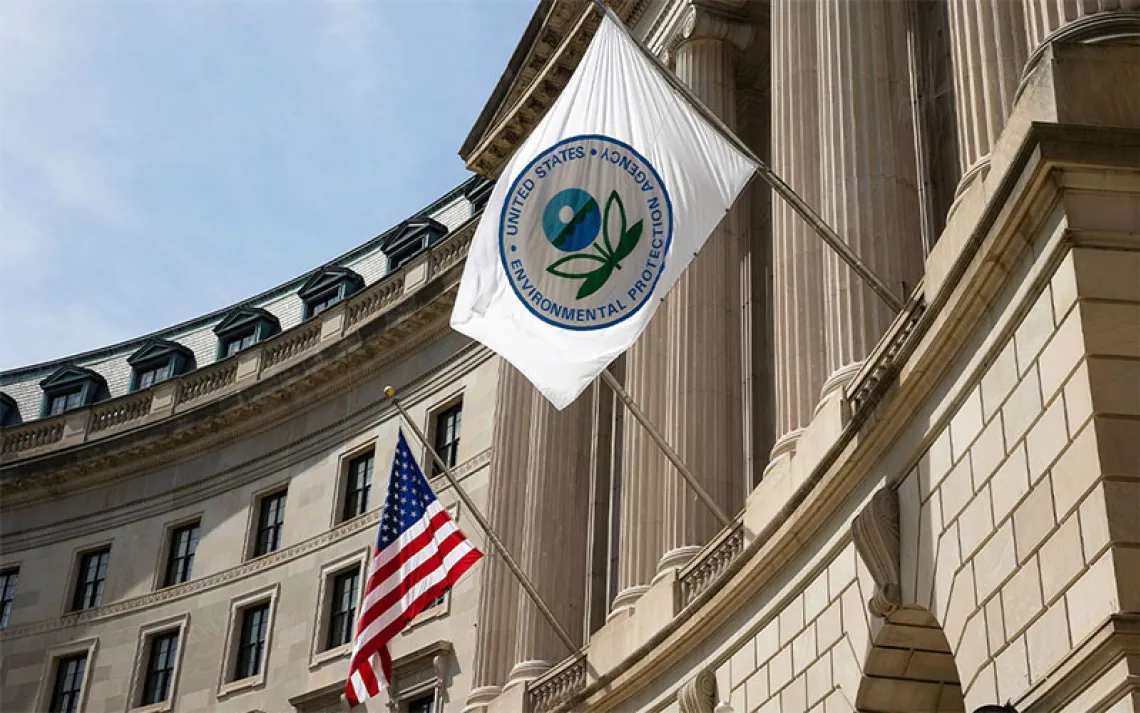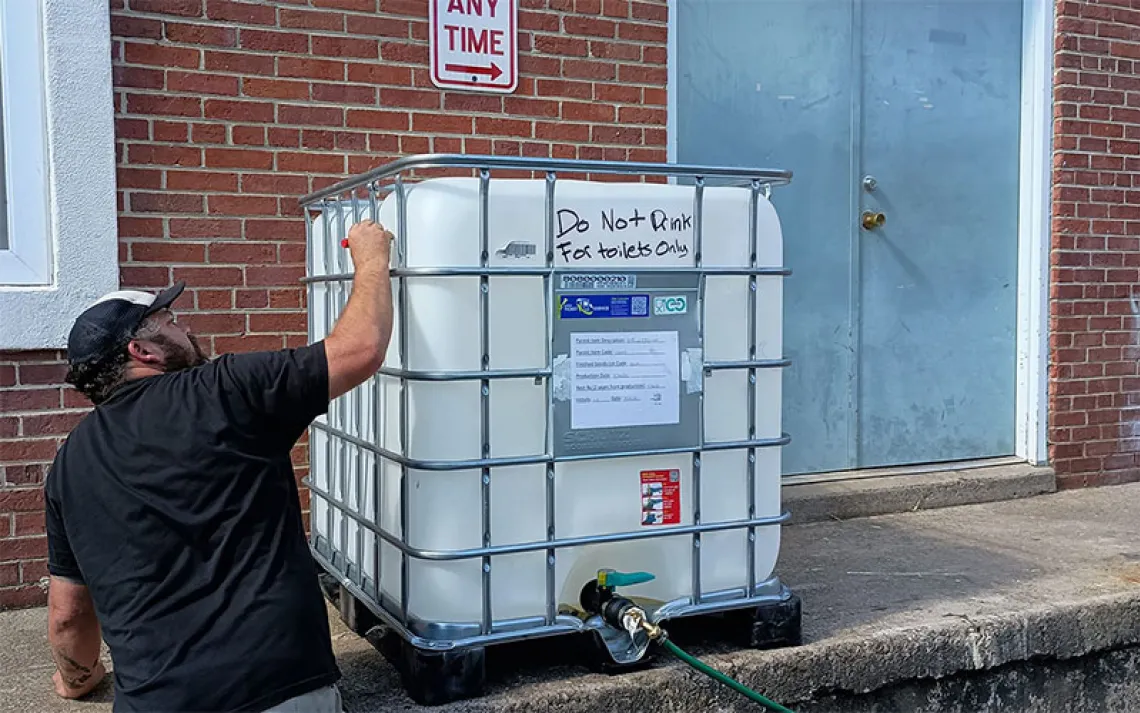Washington County Files Latest Lawsuit Targeting Big Oil Over Climate Damages
King County says its shellfish industry is endangered by ocean acidification

Photo by JoyceMarrero/Istock
On May 9, yet another local government joined the roster of cities and counties suing fossil fuel companies for climate-change-related damages when King County, Washington—home to Seattle—filed suit against the five largest publicly traded oil corporations.
There are now more than a dozen local jurisdictions seeking to recover damages from the major carbon polluters. Eight California cities and counties—including San Francisco and Oakland—have filed suits against the fossil fuel giants, arguing that those companies share some of the responsibility for the costs of climate-change-related sea level rise. New York City filed a similar suit in January; in April, two Colorado counties and the city of Boulder sued ExxonMobil and Canadian oil company Suncor.
The lawsuits all make similar claims: that the major producers of fossil fuels created a public nuisance through the extraction and marketing of oil, gas, and coal, and that they have known for decades that the use of their products could potentially be (according to internal reports from the American Petroleum Institute and Exxon) “catastrophic.” The opening page of the King County complaint reads, “Climate change will have long-term consequences for the economy, the environment, and public health and safety in King County. . . . This egregious state of affairs is no accident. Rather, it is an unlawful public nuisance of the first order.”

Sign up to receive Sierra News & Views
Get articles like this one sent directly to your inbox weekly.
With this action you affirm you want to receive Sierra Club communications and may vote on policy designated by the Sierra Club Board.
“It is appalling that major oil companies knew for years the true threats to our climate from burning their product and chose to hide that knowledge in favor of their profits,” says Mike O’Brien, a Seattle city council member who is also on the Sierra Club’s board of directors. “These oil companies must compensate the people of King County so we can repair the damage that they have done through their deception.”
While the various lawsuits level the same broad charges against the carbon polluters (see Sierra’s May/June cover story, “The Case for Climate Reparations”), they also highlight climate change impacts that are specific to their communities. New York City’s lawsuit, for example, cites the damages from 2012’s Superstorm Sandy as an example of climate change harms it is already experiencing. Colorado’s complaint is based on the costs of extreme rainstorms and flooding, more frequent and intense wildfires, and a declining snowpack.
The King County lawsuit, like those in California and New York City, focuses on sea level rise but also cites another harm: ocean acidification. The waters of Puget Sound are home to a $77 million shellfish industry that generates thousands of jobs; as ocean waters become more acidic, clams and oysters find it more difficult to form their shells and thrive. This, argues King County’s complaint, could have “direct and indirect economic impacts on King County.”
King County’s suit makes an especially strong argument for why the carbon polluters are uniquely culpable for such damages: “Defendants, notably, did not simply produce fossil fuels. They engaged in large-scale, sophisticated advertising and communications campaigns to promote pervasive fossil fuel usage and to portray fossil fuels as environmentally responsible and essential to human well-being—even as they knew that their fossil fuels would contribute, and subsequently were contributing, to dangerous global warming. These promotional efforts continue through today even in the face of overwhelming scientific evidence that fossil fuels are altering the climate and global warming has become an existential threat to modern life.”
Not surprisingly, the defendants contest these claims and are seeking to have the lawsuits dismissed. Later this month, a federal judge in San Francisco will hear arguments to dismiss the San Francisco and Oakland suits, and in early June a New York judge will consider the fate of the New York City lawsuit.
 The Magazine of The Sierra Club
The Magazine of The Sierra Club



